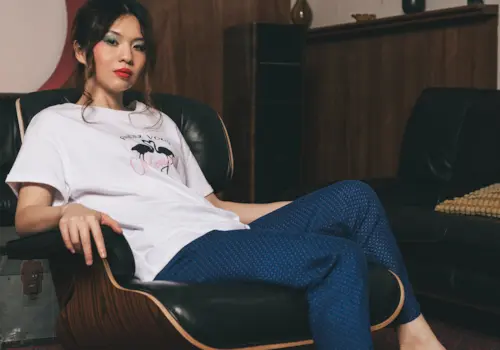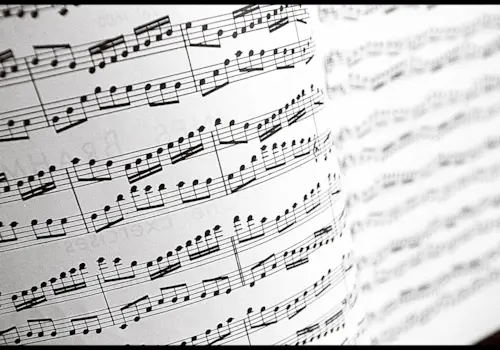With temperatures cranking up, it's important we remember to protect our precious acoustic pianos from heat and light damage. Here are some top tips on how to avoid damage
Wood, heat and light don't have the greatest of relationships. Prolonged exposure to heat can cause wood to warp, shrink and crack. This doesn't bode well for acoustic pianos. It's vital that we do our utmost to look after our instrument during the hot weather to avoid what could be irreparable damage. After all, acoustic pianos are often a pricey investment.
Thankfully, there's plenty of straightforward things you can do to protect your prized asset.
1. Keep your piano away from any windows

It may seem like a very obvious piece of advice, but you'd be surprised at how many piano owners simply don't realise the long-term damage that can be caused from having your piano near open windows.
As heavenly and refreshing as it sounds to be able to play your piano as the summer breeze sweeps through the window right next to you, it can really upset the humidity levels in the room. Approximately 42% is the ideal range of humidity for the room your piano is in. Anything over 60% is too humid, while anything less than 30% is much too dry. Advice on measuring your room's humidity, plus how to control it, can be found below. Too much or too little humidity can cause your piano to go drastically out of tune, crack the soundboard, and warp any wood among plenty of other problems.
Just how much could the pitch of the piano be affected by the humidity?
Over a three-week period, your piano could drop anywhere up to 12 cents in pitch. There are 100 cents in a semitone, for reference.
2. Invest in a humidifier

As we mentioned above, approximately 42% is the ideal range of humidity for the room your piano is in. Of course, we cannot always rely on the air to be naturally ideal on any given day which is why it is well worth investing in either a humidifier or dehumidifier if your home is regularly outside of the ideal range.
There's a range of humidifiers available online. Amazon has many options for generic humidifiers, such as this ALACRIS Air Humidifier. Alternatively, The Piano Accessory Shop stocks humidifiers specifically for grands and uprights. Take a look here.
On a budget? Try positioning a couple of plants in your piano room. Plants increase humidity in the air through a process called evapotranspiration. The downside of this is that plants attract insects.
3. Protect your piano from direct sunlight

©Clairevoire; piano cover specialists
If you've ever had printed photos blu-tacked to your wall at home, you'll know what sort of damage direct sunlight can do. Over time, direct sunlight (more specifically, the UV rays in the sunlight) causes printed photos to fade and bend at the edges.
Similar issues can occur with your piano. Your piano's finish will start to fade, discolour and potentially crack if continuously left in direct sunlight. Clairevoire, specialists in piano covers, explain what happens when UV rays hit the piano.
"The UV ray breaks down and destroys lignin, a vital part of the wood structure, causing it to weaken. In turn, the broken down components are a food source for fungi which causes stain and accelerates decomposition." This is why it is so important to keep your piano out of direct sunlight!
What if the whole room is in direct sunlight?
You may want to consider investing in a piano cover if this is the case. Clairevoire piano covers have been designed by pianists and lifestyle designers in order to create the ideal protection for your piano. They stock covers for both grand and upright pianos, as well as covers for digitals. You can find out more here.
4. Keep your piano room as simple and clutter-free as possible

Where possible, you want to make sure that the room your piano is located in is as basic and as de-cluttered as possible.
Electrical sources of heat or cold, such as heaters, fireplaces, radiators, stoves and vents, can seriously disrupt the air quality around your piano. You want to keep the room as manageable as possible, and that means removing anything that could affect the the atmosphere.
5. Play your piano regularly!
One of the most effective things you can do to keep your piano healthy is to play it consistently. This will keep all of the components of your piano ticking over like a well-oiled machine.
Extra tip: If you are wanting to move your piano into a different room during the summer to protect it, we would highly recommend that you get the help of a piano-moving company in order to do this.








